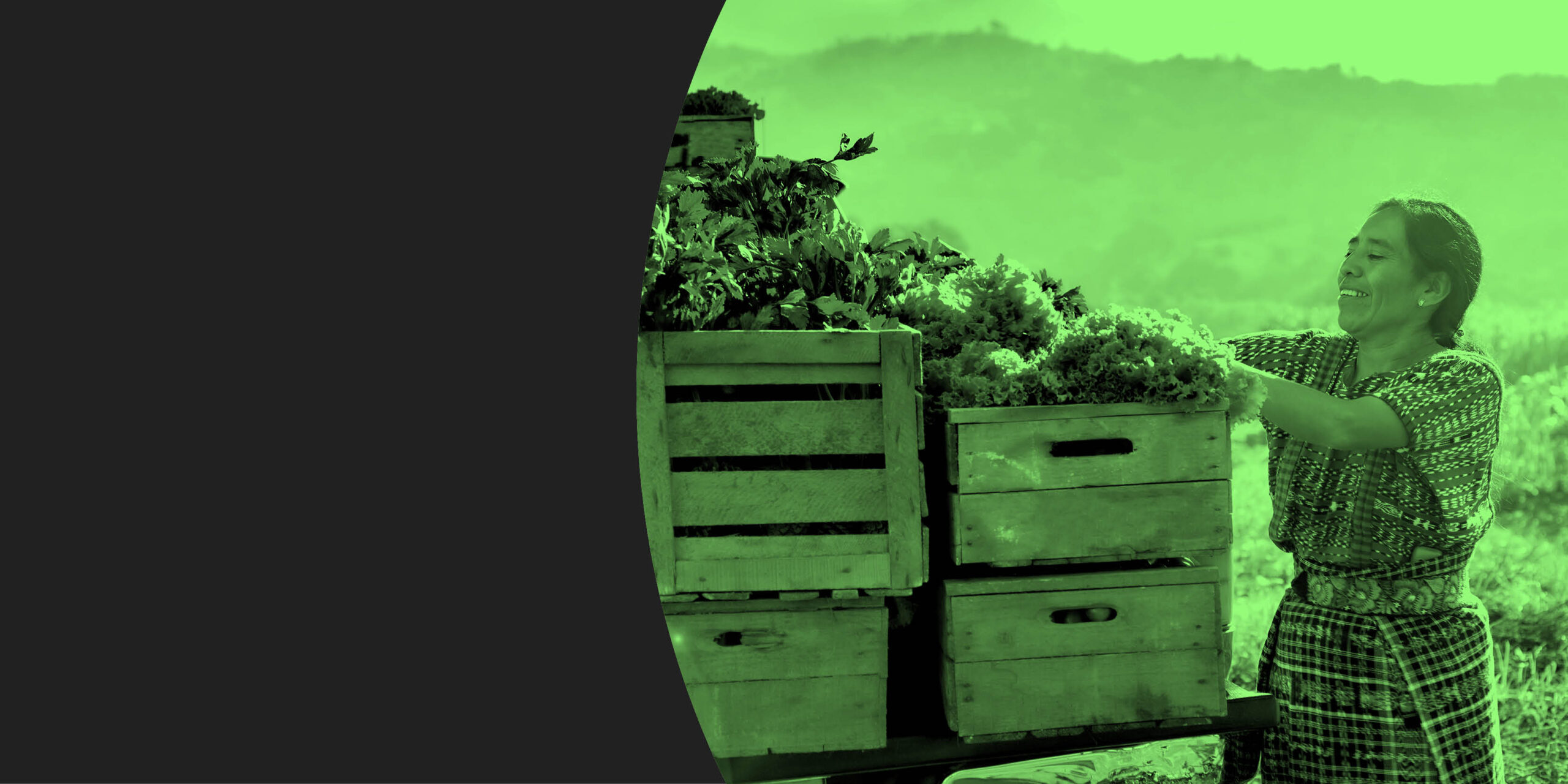Recognising that food system solutions are climate solutions

As our planet faces more challenges due to climate change, countries worldwide are gathering once again, this time for COP28—the Conference of the Parties to the United Nations Framework Convention on Climate Change. As we all work together to find ways to tackle the impacts of climate change, it is becoming increasingly clear that a major player in this effort is right in front of us—the food we eat. Our food systems contribute to a substantial one-third of global greenhouse gas (GHG) emissions. And here is the thing: changing what and how we eat can be a powerful solution, something that has been somewhat overlooked in previous COPs. But now, as everyone gathers for COP28, the transformative potential of food systems is taking the spotlight.
Food systems encompass the entirety of activities and entities involved in the production, transportation, manufacturing, retailing, consumption, and disposal of food, along with their effects on nutrition, health, well-being, and the environment. Our current food systems are predominantly based on large-scale, highly mechanised and industrialised agriculture with an increased reliance on single-crop cultivation, fertilisers, and pesticides, and are characterised by long food supply chains. While this configuration has facilitated increased food production to meet the demands of a growing global population, they come at a considerable cost to the environment.
Food emissions are primarily attributed to agriculture and activities related to land use and change, including deforestation, peatland degradation, synthetic fertilisers use, methane emissions, and fuel use from on-farm machinery. The remainder of emissions are linked to various supply chain activities, including retail, transportation, consumption, fuel production, waste management, industrial processes, and packaging. As we grapple with the ramifications of our existing food systems, there is an increasingly urgent call to transition towards practices that prioritise sustainability, recognising the delicate balance between meeting global food needs and preserving the health of our planet.
Recent research from the Intergovernmental Panel on Climate Change (IPCC) emphasises the essential role of food systems in global responses to climate change. A combined approach involving both supply-side actions and demand-side interventions holds the potential for substantial contributions to climate change mitigation. On the supply side, practices such as reducing emissions from crops and livestock, sequestering carbon in soils and biomass, and enhancing emission efficiency within sustainable production systems can play key roles. Meanwhile, demand-side interventions present substantial opportunities to curtail greenhouse gas emissions by transitioning to healthier and more sustainable diets. This involves modifying food choices and addressing issues related to food loss and waste.
As the countdown to COP28 begins, a key focus on food systems is anticipated. The COP28 Presidency is set to launch and extend invitations to all nations for signing the ‘Emirates Declaration on Sustainable Agriculture, Resilient Food Systems, and Climate Action’. Another anticipated highlight is the release of the new FAO’s Roadmap to achieving 1.5°C and SDG2 Zero Hunger. This roadmap is set to present a comprehensive suite of agrifood solutions, aligning with the imperatives of climate resilience, biodiversity conservation, and the assurance of global food security.
COP28 stands as a unique opportunity to revolutionise our food systems, a critical initiative focused on securing a future marked by stability in food and nutrition for the global community. As the profound consequences of our dietary choices come into focus, optimism is tied to the hope that governments worldwide will decisively recognise the crucial role of food systems in addressing the climate agenda. The ultimate outcomes of COP28 must delineate a clear roadmap, propelling ambitious transformations in national food systems toward a more sustainable future.
This blog post was written by Dr Rosario Michel-Villarreal, Lecturer in Sustainability and Business in the School of Earth and Environment.
